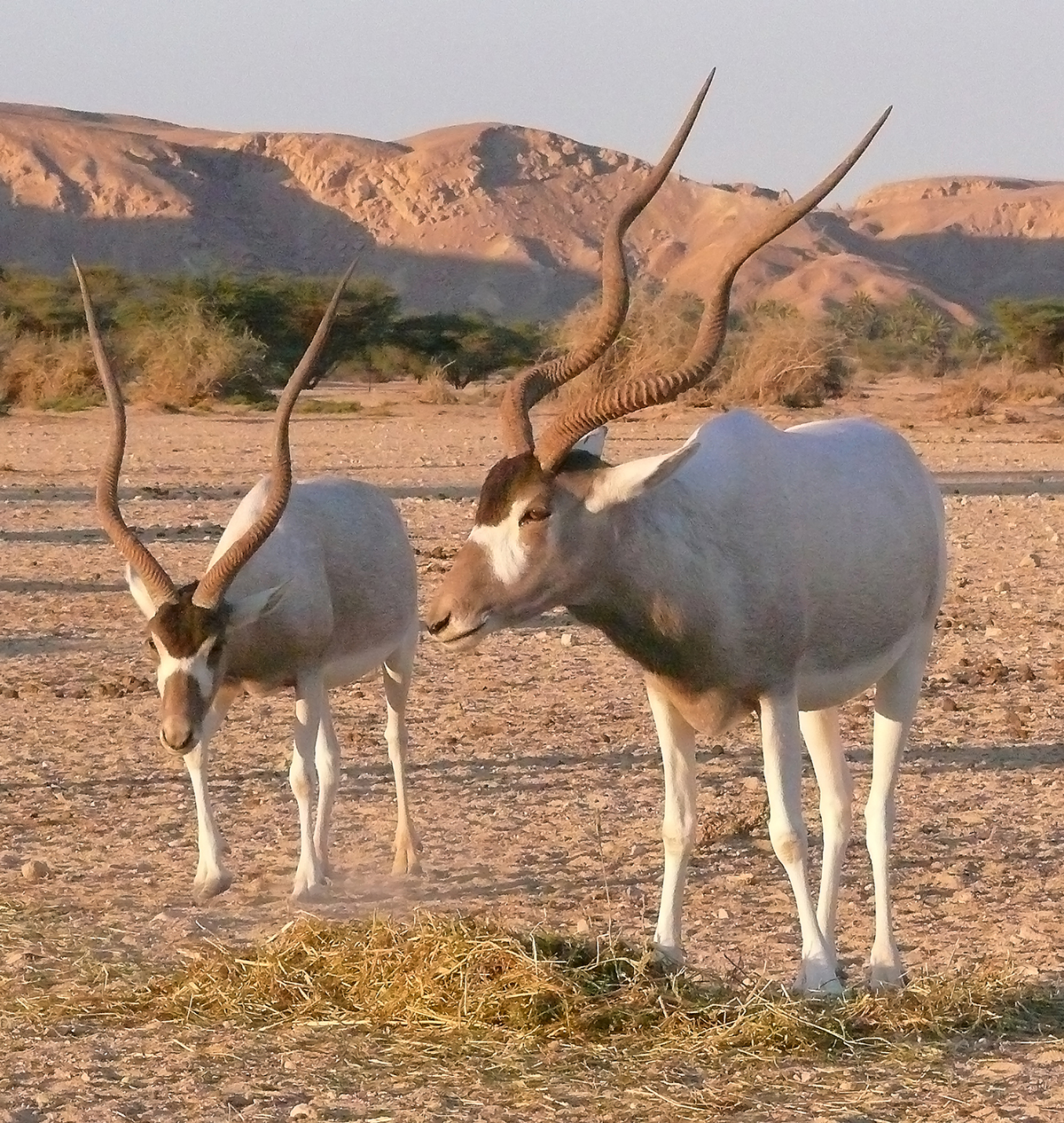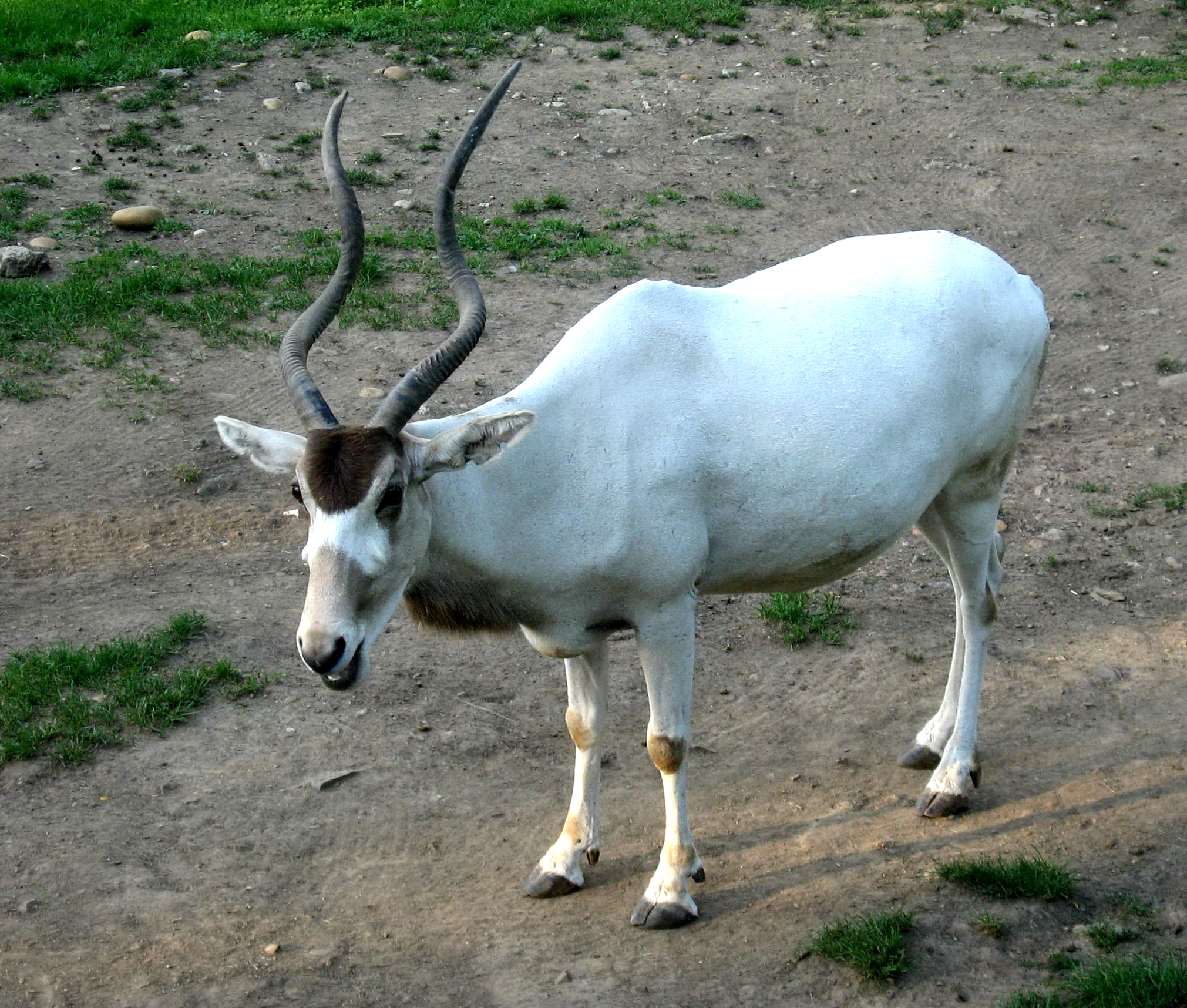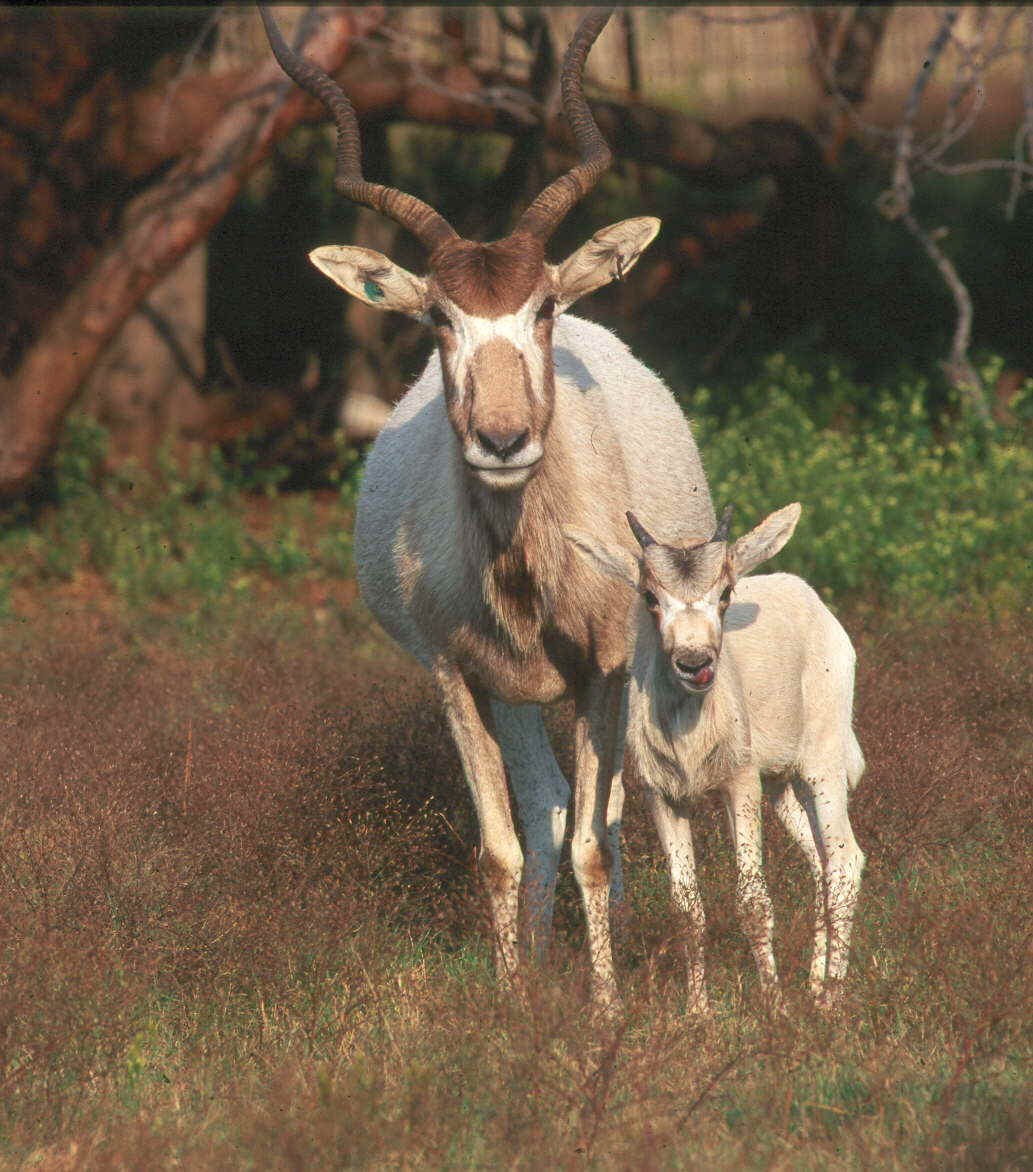I'm having a little trouble understanding your bio.... can you please help with questions in red? Thanks for clarifications so I can make a proper introduction. And thanks for being our presenter (- http://cognitive-science.info/community/weekly-update/ - ). Let me know if you presentation has any video or animation - if you plan to use ppt or pdf, that is great - I'll just ask you to join the call 5 or 10 minutes early on Thursday.
Thanks, Di
From: Scott MacLeod <worlduniversityandschool@
To: Dianne Fodell/Raleigh/IBM@IBMUSDate: 04/28/2016 01:53 PM
Subject: Re: Cognitive Systems Institute Group (CSIG) Speaker Series May 5, 2016 at 10:30am Eastern Time (7:30 am Pacific Time) USA - Scott MacLeod?
Hi Dianne,
Great and thank you! Here's my short bio for your kind introduction to Cognitive Systems Institute Group (CSIG) Speaker Series next week.
Scott MacLeod is the founder and president of CC World University and School (does CC stand for Creative Commons? .cc?), which is like CC Wikipedia in ~ 300 languages with best STEM-centric CC OpenCourseWare – http://
*
Hi Di,
Thanks for your good questions. Here are some somewhat detailed responses.
1)
Yes, CC stands for Creative Commons' licensing; WUaS has a CC Core, and MIT OCW, Yale OYC and Wikipedia/Wikidata are all CC too; WUaS and these will all share resources under CC licensing;
2)
Having met with a WASC senior vice president, an agency which accredits Stanford and Berkeley, and about ~150 other mostly west coast universities (and a few international ones), for an hour and a quarter about 3.5 years ago, and since WUaS is in ongoing communication with UC Hastings' emeritus Law professor, Bill Wang, who has been keeping WUaS apprised of WASC senior developing incubation policy updates over the last 9 months or so, as well as in communication with UC Berkeley Law Professor, Bill Kell, in whose "New Business Practicum" course WUaS was in this spring as a "client," WUaS is planning to accredit as an independent university (in all countries' official and main languages) on CC MIT OCW and CC Yale OYC for planning purposes, and to be incubated by the University of California.
WUaS's lengthy correspondence over the past 2 months with Associate Dean of Online Learning and former MIT OCW executive director (for ~ 10 years), Cecilia d'Oliveira, Creative Commons' licensing allows for WUaS to both a) share and b) adapt MIT OCW in 7 languages, but she asked us to put the following language on all of WUaS's Creative Commons' wiki pages -
"MIT OCW Creative Commons' licensing and endorsement clarifications
a) MIT is not affiliated with, and does not endorse, World University and School b) MIT does not offer credit to WUaS students, and c) All MIT OpenCourseWare materials are available for free through http://ocw.mit.edu"
CC WUaS is not yet accredited, and around 3.5 years ago this involved a 3 stage process, but this is changing under the new WASC incubation policies; WUaS will add CC MIT OCW in 7 languages to the CC Wikidata database and share this OpenCourseWare in the Wikidata database with developing artificial intelligence, machine learning and machine translation, as well as a course catalog, further with WUaS's accrediting agency, WASC senior, while being incubated by the University of California.
3)
First in English, WUaS plans to "roll out" online matriculating classes, a BA/BS undergraduate class matriculating in 2017 (applying this autumn 2016), Ph.D. graduate student classes in 2018 (finishing in 5-7 years), law classes in 2019, and the first MD class matriculating online in 2020, with students from around the world. WUaS seeks to build on MIT OCW's limited number of law and medicine courses to create its own Creative Commons' licensed course ware for the WUaS law and MD degrees (eventually in many languages). Re Law, in California as of 2012, there were 12 online law schools (see http://www.usnews.com/
4)
Google Translate and Wikimedia's Content Translation (planned for Wikipedia page translation in ~300 languages) and others are good examples, but in limited numbers of languages, so WUaS plans to build our own universal translator (there aren't any U.T. planned that I know of), probably in Wikidata and perhaps with collaboration with Google, but as Creative Commons' licensed WUaS code. So at this point, one can go here to the WUaS Universal Translator WIKI subject page - http://worlduniversity.
"Planning" and "conceiving" of the above are important aspects per your questions re startup World University and School as a work in progress with the above developing information technologies.
I'll plan to get my slides to you on Wednesday; my presentation will build on a presentation I gave for ISSIP last March 2015 (and which was recorded as well).
Thank you, Scott
*
Thanks, Scott, for all of this background. It will be great to get your slides any time on Wednesday. Thanks, again, for being our presenter this week.
Di
IBM University Programs
Thanks, Scott, for all of this background. It will be great to get your slides any time on Wednesday. Thanks, again, for being our presenter this week.
Di
IBM University Programs
*
...

.png)







No comments:
Post a Comment